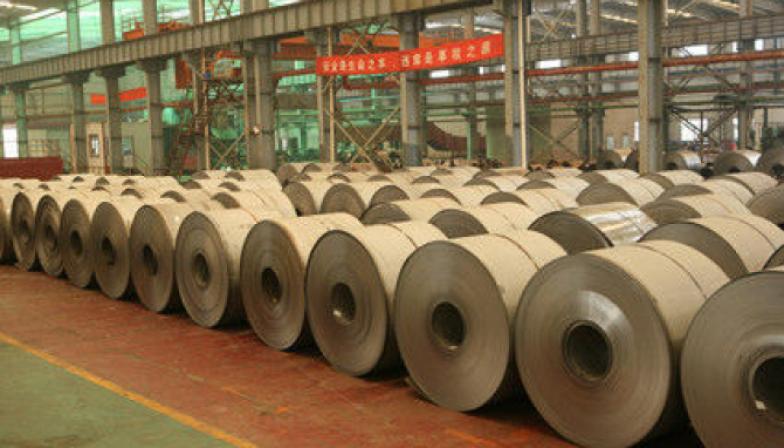Restrictions on the import of rolled metal into the European Union next month could cause even greater damage to the Turkish steel sector, even though it is looking for new markets to offset losses from US and EU tariffs, the head of the Turkish Steel Exporters Association said. Turkey's steel sector came under pressure due to the economic downturn, which negatively affected the construction, automotive and home appliance sectors, reducing steel consumption by 31% for the year to July and production by more than 10%. CIB Chairman Adnan Aslan told Reuters in an interview that steel exports, which had already declined 0.8% to $ 9.4 billion a year by the end of August, would drop to $ 13 billion in 2019 from $ 15.6 billion in Last year.
In February, European quotas for 26 steel grades were set at an average level of imports in 2015-2017, plus 5%, and further increases of 5% are planned for July and July 2020. Steel imports beyond these quotas are subject to a 25% duty. But later, the European Commission reduced the quota increase this year to 3% from 5% starting from October 1. She also limited any country to a 30% share of imports of hot-rolled flat products per quarter.
Aslan said that this step will lead to a reduction in exports of flat products and fittings to Turkey. He said that “we see that the restrictions are aimed at restricting imports from Turkey,” Aslan said. “It is not clear why the EU ... wants to limit imports from countries. We filled the quota for long products in a month. We switched to a new annual quota in July. Most likely, we will complete this in September. Since quotas are full, Turkey will not be able to export long products to the EU until July 2020. "



